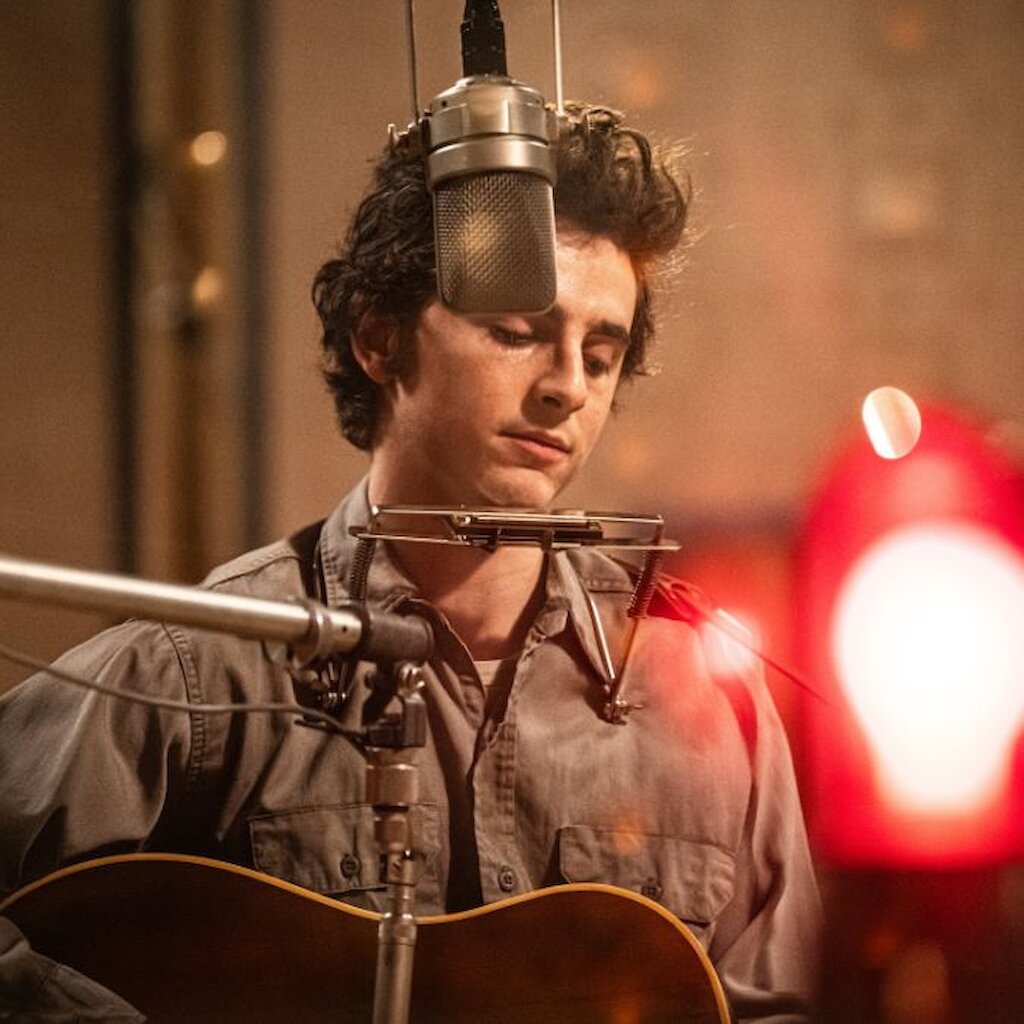It was this question that prompted director Tim Barrow to begin research and production of Riptide, a road-trip love story following the relationship between Jacob and Eva, both of whom struggle with schizophrenia. With a history in cinema of films depicting this condition typically focusing on the negative, usually portraying the character as either villain or victim, Riptide is instead deliberately optimistic.
Jacob and Eva are both characterised and acted with nuance and empathy; the confusion and anger that could be scary to an audience unfamiliar with the condition is instead transformed into something beautiful. This is achieved through the sensual cinematography- it is an incredibly tactile film, often hovering on textural details that form repeating motifs throughout.
A lack of spoken dialogue is also a feature of the film, partly a result of neither Jacob or Eva completely trusting what they are going to say. As a viewer, one is also unsure whether what we are seeing and hearing is true or not; the entertaining detail of Eva claiming to be the long-lost daughter of Ingmar Bergman is left entirely up to us to determine the truth of. Instead, it is emotional truths that resonate, and the connection between the two leads is undeniable, and it is here that the answer to Tim’s question that he set out with is answered joyfully- “Yes!”
Riptide (15) screens at Screenplay until Saturday 4 September.
Hannah Bookless is a Screenplay 2021 reviewer. After developing an early interest in film due to an exposure to Bollywood, Hannah went on to study Film and Philosophy at the University of St. Andrews. She loved it so much she stayed one more year for a masters. These days, when not at the cinema, she can be found repairing glasses or foraging mushrooms around town.



